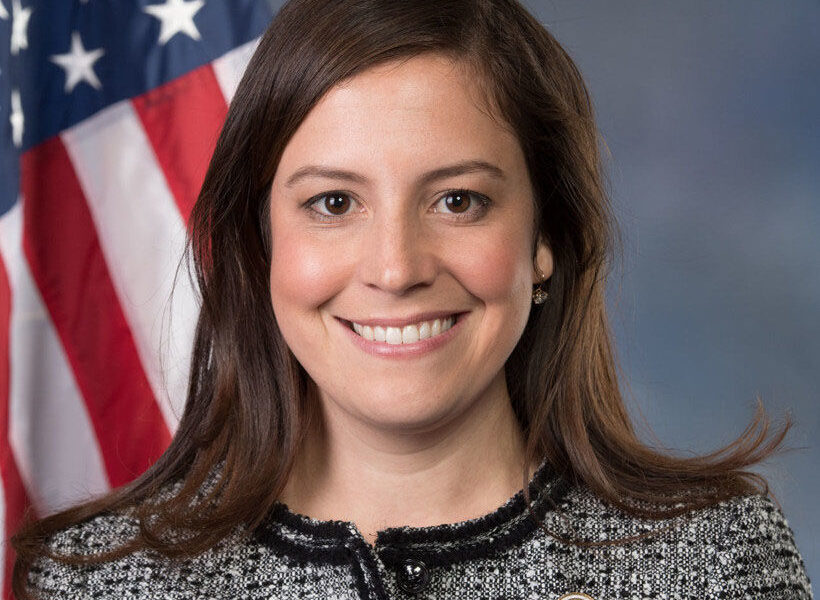Congresswoman Elise Stefanik of New York and Rick Crawford, Chairman of the Intelligence Committee, have reintroduced the Promoting Agriculture Safeguards and Security Act (PASS Act). This legislation aims to bolster U.S. national security by preventing foreign adversaries from acquiring or controlling agricultural land and businesses in the United States.
During a recent announcement in Saratoga, New York, Stefanik highlighted concerns regarding foreign investments in U.S. agriculture, particularly by nations such as Communist China. She emphasized that these acquisitions pose a threat to national food security and could provide foreign entities access to sensitive military installations.
“Food security is national security,” Stefanik stated in a press release. “I am proud to reintroduce this legislation that will stand up against our foreign adversaries as they attempt to assert control over our agriculture industry.”
The PASS Act is designed to ensure that the United States Department of Agriculture (USDA) plays a critical role in the review process for foreign purchases of American agricultural assets. The legislation also aims to blacklist specific countries from ownership of U.S. agricultural land. “The United States cannot allow malign ownership bids of American assets by Communist China, Russia, Iran, and North Korea to undermine the efforts of our farmers, whose hard work feeds and fuels our communities,” she added.
Stefanik’s initiative reflects a growing sentiment among U.S. lawmakers regarding the need to safeguard agricultural resources. The act seeks to curtail foreign influence in sectors deemed critical to national interests.
The reintroduction of the PASS Act comes at a time when agricultural land in the U.S. has increasingly attracted foreign investment. In recent years, there have been rising concerns about the implications of foreign ownership on local economies and food supply chains.
By implementing stricter regulations on foreign acquisitions, Stefanik and Crawford aim to enhance the resilience of the U.S. agricultural sector. “We cannot allow our adversaries to control land near our military installations and we cannot cede any ownership of our food supply to those who are actively working against our security interests,” Stefanik concluded.
The PASS Act reaffirms the commitment of U.S. lawmakers to prioritize national security while ensuring that American farmers can operate without the threat of foreign dominance in their industry. As discussions around agricultural policy continue, this legislation could play a pivotal role in shaping the future of food security in the United States.







